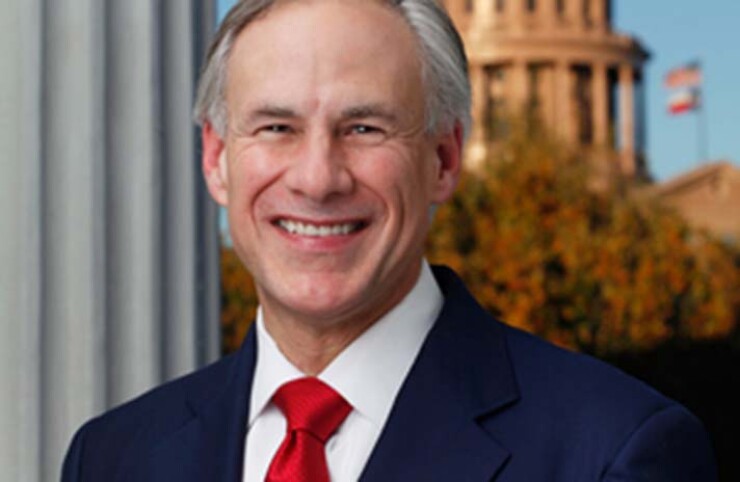State funding for Texas community colleges will be based largely on outcomes that meet workforce needs under legislation signed into law Friday by Gov. Greg Abbott.
The Texas Higher Education Coordinating Board said the "innovative" funding model will reward colleges for awarding degrees, certificates, and other credentials of value.
"The passage of (House Bill 8) and the allocation of $683 million in the state budget positions Texas as a national leader in tying funding for community colleges to measurable student-focused outcomes," the board said in a statement.

Abbott called the measure "an important tool to help enhance the role of public junior colleges in workforce training and preparation for high-demand careers."
"The state of Texas continues working to ensure our public community colleges remain competitive and able to fully support the needs of our growing, diverse workforce," he said in a statement.
The law's intent states that funding for community colleges should be largely a local responsibility through tuition, fees, and property taxes, "with state funding focused primarily on
The bill passed the Republican-controlled House and Senate in nearly unanimous votes and was supported by the Texas Association of Community Colleges.
Enrollment in the state's 50 public community college districts was 640,582 in 2022,
HB 8 grew out of
The commission's report said state formula funding, which totaled about $1.8 billion in the fiscal 2022-23 biennium, was allocated primarily on the basis of hours of instruction and course types.
It recommended a funding model that distributes the majority of state money based on measurable outcomes aligned with regional and state workforce needs.
That model should also take into account non-credit workforce education and additional costs of serving economically and academically disadvantaged students or adult learners, while providing temporary funding to help colleges transition to increased outcomes, according to the report.
"To enact these recommendations, the Texas Legislature must invest resources in the proposed dynamic, outcomes-based funding formulas, especially as colleges respond to new incentives," the report said. "State funding will also be essential to ensure all colleges have funding for instruction and operations that recognize cost differences due to student needs and college size."
S&P Global Ratings analysts said the law could potentially give Texas community colleges that have healthy enrollment and student outcomes more funding, "which could improve their financial flexibility and potentially lead to credit uplift over time."
"Conversely, Texas community colleges with weaker enterprise risk profiles could potentially see funding levels decline, but will be held harmless in the short term, at least for fiscal 2024 based on the current proposal," they said in a statement. "We believe this may afford the latter institutions time to shift to more favorable programming under the new funding formula."
S&P maintains ratings on more than 30 community colleges in the state ranging from AAA to BBB.





